Why are we trying to decide whether whole language or phonetic based reading instruction is the right kind of reading instruction. Kids should have both. The difference between the two forms of training is that whole language instruction means that reading instruction is done within the context of whole- language. Phonetic-based instruction, like Orton-Gillingham is reading instruction that is based on formal training in phonics , and it helps a child learn to decode words.
Does learning to decode the words have more value than learning to recognize words as part of the whole language? Because the English language is influenced by many languages, it is beneficial not to have to decipher every word. In addition, there are many exceptions to the rules in phonetic-based instruction, which is extremely confusing. However, it is also important to learn to breakdown unfamiliar words a skill called word attack. Word attack skills are essential when faced with unfamiliar vocabulary. Whole language or phonetic-based instruction? Kids with language based disorders and dyslexia should always have phonetic instruction as part of there instruction, but whole language offers a rich approach to language that they also need. Whole language or phonetic-based reading instruction I vote for both.

